'Civil War' Highlights a Growing Divide in American Culture...and Not in the Way You Think
Let's see what we can learn from the reaction of many liberals, critics, and screenwriters to director Alex Garland's latest film
It’s unusual for me to dive right into discussing a film immediately after its release. Before I express opinions, I prefer to stew on them for a couple of weeks to properly interrogate how I feel and why. But I’m going to break this rule today because I believe the reaction to Civil War (2024) is revealing some less-than-positive things about how many people — from respected critics to aspiring screenwriters and Hollywood professionals to ticket-buying audiences — now think about cinema and maybe even art in general. I’ll explain this assertion in a moment, along with what we can learn from it as storytellers today, but first, let’s talk about the film itself – in other words, there be spoilers ahead, mes amis.
THE PREMISE AND APPROACH
Civil War, written and directed by Alex Garland (Ex Machina), is the ultimate American “what if?” scenario. Set “five minutes in the future” during a second American civil war, multiple states have seceded, and the president — now in his third term — struggles to hold on to power as various forces advance on D.C. We follow four journalists as they attempt to make the perilous 900-mile journey from New York City to the capitol in order to interview him before he’s violently deposed.
It's not a complicated plot, as stories go. It’s a “road trip through hell” film with very little set-up because Garland assumes you don’t need any to understand something so simple. “America, the country falling apart on our TV screens today, has descended into civil conflict” – voila!
In addition, no clear explanation is provided about why this has happened or why various States have decided to form alliances – such as California and Texas which, together, form the “Western Front”. Again, these things feel unnecessary to understand the A to B to C storyline given the fact that everything we see in the news and on social media today provides ample possibilities. “America – Second Civil War – go!”
The freed-up narrative space, typically wasted on dense plots and answering endless irrelevant questions in most Hollywood-style films, is instead spent on suspense/horror, quiet character moments (there’s a sequence in a dress shop that’s stunning in its subtlety), and the weaving of a dense tapestry of imagery that reveals deeper meaning for those willing to interrogate it.
Civil War is a harrowing story that brings the visceral horrors that the West typically only sees in “exotic foreign locales” to the cities, suburbs, and small-town Main Streets of the so-called greatest democracy on Earth. In doing so, it makes clear the U.S.A. would be no different than what we like to pretend only “savages” — the dirty foreigner with their dirty backward cultures — are capable of.
Its other loudest message is that ideological warfare turns into actual warfare and, at that point, all warriors — regardless of what “side” they’re on — become monsters. It doesn’t matter why you kill, doing so reduces us all to unrecognizable shades of our former selves. The only alternative is to pretend this conflict isn’t happening, to say it doesn’t involve you, to literally bury your face in a book - as a character in the film does.
As someone who left the States after the 2016 election, in part because I was no longer willing to live in a country I believed was teetering toward a Germany-style collapse, I won’t pretend Civil War was easy for me to watch. It still seems more likely to come true in my mind than not. But if you think Garland set out to direct some kind of ideologically driven Left wing fantasy about how bad Donald Trump is, or Republicans are, or similar, then you would be mistaken.
And that is the source of some people’s complaints about Civil War, especially liberals’ it would appear.
Many seemed to have hoped for a piece of agitprop. Maybe some kind of “crush the extremist Right” wish fulfillment rather than a mirror held up to America, showing the country what it has become — Right and Left — and pleading with it to turn back. Interrogating why this reaction exists might just expose some problems with how we’ve come to look at art and cinema, in particular, today. To do this, I’m going to take a look at some questionable reviews from respected film critics because I believe their observations shed some light on the deteriorated state of American cinema in the 21st century.
HOW NOT TO JUDGE ART
There is no worse kind of film/TV fan in the world than the dude-bro, I think. They apparently worship at the altar of Zack Snyder’s wang and chant death to Kathleen Kennedy. Their only complaint seems to be that they’re not being given exactly what they want from films and TV, entirely based on their personal world views (as vile as these often are), and I think they personify a new, deeply troubling attitude that fans somehow have a say in the art others create. In some ways, this might be the natural conclusion of fan protests saving shows from cancelations by screaming on social media. Obviously, fandom can be a good and wonderful thing — my TV series “Dracula” continues to have a very vociferous following that named itself the “Drac Pack” — but it can also produce cult-like thinking and, as we’ve seen time and time again, damage careers and lives.
But at the heart of this observation is a deeper problem we aren’t discussing enough, I think. What I’m talking about is a cultural shift away from art that challenges us in any way, but especially cinema that does this. We don’t want to think anymore - God forbid, that sounds so hard. Film should instead just give us warm and fuzzy feelings — the opium that is nostalgia, which I’ve written about here — or, perhaps worse, validate our already deeply held beliefs regardless of how toxic these might be.
Which suggests cinema’s purpose is now to make us feel better about ourselves and our identities (not dissimilar to how we want our news media and social media).
Civil War does the exact opposite of that.
What I’m about to do is share how some critics responded to the film. Obviously, art is a very subjective experience. Critics can and should offer up a plethora of opinions. But go with me for a moment, if you would.
For example. Candice Frederick at The Huffington Post wrote of Civil War, “All it actually does is kick up a lot of dust around controversial topics without actually examining or even adequately portraying any of them.”
Sorry, Candice, but you missed the whole point of the film.
Her review is actually laughable in how it mirrors some of the worst development notes I’ve ever received in Hollywood. There’s a reason why this is relevant, but more on that in a moment.
What exactly is the source of the president’s issue here? ‘Civil War’ doesn’t really care to specify. It instead presents us with a vaguely villainous archetype in the form of a white man in power who’s turned against his own citizens for some unexplained reason. The idea, presumably, is that audiences will just fill in the blanks on their own if given enough triggers.
Vaguely villainous archetype in the form of a white man in power?
Ooh, getting close there, Candice.
Readers, do you understand what motivates Donald Trump beyond whatever sicknesses you assign to him in your imaginations? Can you tell me what his Rosebud is? And does not knowing his actual agenda mean you don’t have to react to the fact that he exists and imperils democracy as you read this?
What about Boris Johnson? The guy helped murder a quarter-million British people with his incompetence, ignoring every bit of advice he was given about Covid. He’s part of a global history that most people will never fully understand - and yet that doesn’t change the fact that most people had to and continue to have to react to his existence within it.
Better yet, can you explain to me what Adolf Hitler’s motivation was beyond “villainous archetype in the form of a white man in power”?
If you prefer fictional characters to real world politicians, can you tell me what Darth Vader and the Emperor’s goals are other than power in Star Wars: The Original Trilogy? Those paper-thin characters have left audiences around the world utterly confused for generations, including even you, right?
Yes, yes, yes, I get it, it’s nice to have three-dimensional “villains”. But sometimes, power really is all the motivation people require because…well…power. The “bad guys” exist in these cases and you have to react to them all the same.
And how you react to them reveals who you really are and says a great deal more about our culture in general.
This is where drama and theme happen, by the way.
Here's another nugget from Candice Frederick. It’s the kind of just bad — bad, bad, bad — note screenwriters are given every day by development executives who rely more on screenwriting guides for their storytelling wisdom than actual films:
Despite proving no such savvy before, Jessie finagles her way onto the journalist road trip alongside Lee’s partner Joel (Wagner Moura), as does veteran journalist Sammy (Stephen McKinley Henderson).
Yes, I also have a problem with Indiana Jones demonstrating his mastery over the whip and ancient booby traps without these skills first being set up in some other way for me, the lazy viewer. (Not to mention the fact that later in Civil War we realize that the aforementioned Joel wanted to sleep with Jessie and Joel was incredibly drunk when he agreed to her joining them…so Jessie wasn’t all that savvy to begin with. Just good at taking advantage of a drunk straight dude’s dudeness. All Frederick had to do was wait a little bit for the answer.)
Here’s something Sam Adams wrote at Slate in a review that features some interesting points, but I can’t help but bristle at the absurdity of this observation:
Purposeful though it may be, Garland’s squishiness can read only as a failure of nerve. A more successfully political movie wouldn’t be so wary of aiming at real targets, and a bolder allegory might do away with meaning altogether, suggesting logic itself as a casualty of war.
First, “can only”. No, Sam, that’s a subjective perspective. I don’t read it that way, but sure, whatever. Don’t get me wrong; I sometimes make these slip-ups myself when writing. But in this case, it’s in a long piece filled with similar ones.
Second, does anyone truly believe Garland, one of the most interesting and thematically ambitious writer-directors working today, decided to spend a couple years of his life making a film on a subject he was too afraid to fully explore? Like, do people think making a film called Civil War ABOUT AMERICA was some kind of artistically cowardly cash-grab?
Third, this specific section of Adams’s review epitomizes the worst kind of notes an artist can give another artist, by the way: “Let me tell you the version of your art I would’ve liked that has nothing to do with the one you wrote or wanted to write.” (I’ve written on this subject before and how much I hate this approach to appraising others’ work.)
A “bolder allegory”? A different theme altogether? “Real targets”?
Okay, got it, Sam - you wanted a different film than the one you got. You wanted one that just echoed how you already feel and think about the political situation in America and who its true villains are.
Civil War just isn’t it - and you know what? That’s okay. But judge the film based on its ambitions and not on how it doesn’t match up with what you would’ve done if someone had given you tens of millions of dollars.
Justin Chang at The New Yorker isn’t much better at accepting a film where the audience is expected to form their own opinions about what’s happening onscreen:
'One character makes wry reference to “whatever is left of the New York Times”; another notes that in the U.S. Capitol journalists are treated as enemy combatants and shot on sight. Such demonization of the press, with its grim echo (or harbinger?) of Trumpist rule, is about as close as the movie gets to advancing a remotely political point of view.
Chang then ends his review by criticizing Civil War for not offering answers to what happens after the film concludes, perhaps more concerned about franchisability that’s such a norm in Hollywood today:
Will the Western Forces be required to make state-specific concessions in order to maintain their rickety alliance? Will California start banning books if Texas relaxes its abortion laws? I have a sneaking suspicion that Florida presses on with its own fight for independence, and in so doing ushers in the war’s next phase. If at first you don’t secede, try, try again.
If at first you don’t secede, try, try again, Jason? Really?
This attempt to be cute to score a final point is sloppy film criticism. It’s also an example of the kind of creatively dangerous musing that can happen when script development meetings become more about the development exec making themselves the center of attention rather than the art work.
Lastly, here’s Kyle Smith at The Washington Post making sure I never take him seriously again:
Civil War is superficially silly, but it’s also deeply silly. It’s a statement movie that contains no insights at all.
The thing is, Kyle, Garland isn’t interested in telling you what to think, Kyle (and Jason). He’s interested in helping you think. He’s not avoiding taking a position – “squishiness”, as Sam Adams at Slate referred to it a moment ago. He’s asking you to reconsider yours, whatever they are. He’s holding a mirror up to you and asking you to gaze into it and ponder what you find in the reflection however uncomfortable that makes you.
George Bernard Shaw put it better than I ever could:
Now, if you’re looking for some smart writing about Civil War, I’d turn to Richard Newby at The Hollywood Reporter. He had to write this in response to those who struggle with the film’s lack of “clearly defined sides to root for or against”.
To paraphrase a quote from the film Lee says to Jessie, the objective of war photography is not to provide answers, but to provide an unaltered image and let the viewer ask the questions. This is what Garland does within Civil War, providing audiences the opportunity for us to ask questions based on what he’s showing us.
In other words, Garland expects his audiences to be active participants in his film - which is what great films (and screenplays) used to do all the time and which, I’ll add, the best critics used to expect from filmmakers. You’re in that movie theater to be challenged, to be forced to think, to engage in every subtle detail a director puts on the screen. You’re not showing up to simply be told you’re one of the good guys. In the case of Civil War, Garland even goes so far as to suggest you won’t be either — by the end of his story or America’s — regardless of how highly you think of yourself.
In an era where most films released by Hollywood studios/streamers make no more demands of you than “good guys you know are definitely good guys, bad guys you know are definitely bad guys, conflict ensues, world saved,” the confusion that Civil War has engendered in so many, especially those whose professions allegedly involve an understanding of the cinematic medium, is deeply concerning. I know most of the critics I cited care about the art form, but it’s becoming obvious that many of us need to rethink what obligations art and artists have to make things “easy” for their audiences.
WHAT STORYTELLERS – AND SCREENWRITERS, IN PARTICULAR – CAN LEARN FROM ‘CIVIL WAR’
While discussing the negative critical response to Civil War, I’ve done my best to draw parallels between some critics’ complaints and how film (and television) is often developed in Hollywood. The reason being that script development is, today, a process that has been utterly corrupted by a series of screenwriting guides that have tried to reduce the screenwriting process to a paint-by-numbers exercise.
For two decades or so, new studio executives and screenwriters, trained on these books and the films they’ve influenced in turn, have come to accept this approach to cinematic storytelling as the rule of law when, in fact, they’ve only helped make many films indistinguishable from one another. This is in part because, as indie film producer
recently told me, “We’ve been deprived of work that is willing to focus on aesthetics, deviate from the three-act structure or hero’s journey, counter naturalism, or display emotional truth.” Consequently, films that challenge our new cinematic norms can be disorienting to people raised on these books and films - but they are necessary if we have any hope of saving Hollywood.Take for example the notion that the “sides” in Civil War have to be better drawn so we know who we’re rooting for. Seriously, some people seem very concerned that they don’t know what Alex Garland personally thinks about political positions and, consequently, how they’re supposed to feel as audience members. But every time I read this criticism, whether from critics or screenwriters — especially aspiring/emerging screenwriters who complain about this alleged failure in many online groups I like to dip my toe into to offer advice — I just have to marvel at how far we’ve fallen away from the rule of “show, don’t tell.”
The president in Civil War is in his third term of office. He’s abolished the F.B.I. The Americans who support him are all white. He’s obviously a fascist white nationalist.
And that doesn’t sound, oohhh, a wee bit familiar to you?
Consider the two “towns” that our journalists pass through:
One is an all-white community that looks like it was ripped from an episode of “The Andy Griffith Show”. It’s protected by armed men on rooftops to scare outsiders away. AKA, xenophobes determined to protect their borders. The only local the journalists speak with is a young white blonde woman who shrugs off the idea that anything happening elsewhere is their problem.
The other community the journalists visit is a kind of squalid refugee camp — one ripped from news reports about those foreign countries America is, you know, nothing like — offering food and aid and run and almost entirely populated by people of color.
So, which one of these two locations is supporting the president in this film?
Civil War is densely layered in details like these that reveal exactly what Garland personally thinks about America today, but Garland expects you to work this out for yourself rather than just shouting it at you with a tearful monologue about how it all got this bad.
Art isn’t supposed to be convenient. If you want convenient, go to McDonald’s.
By the time actor Jesse Plemons shows up in Civil War for its low point, it should be painfully clear even to the most confused viewers who the “bad guys” in this story are. Plemons plays a “U.S. soldier” who terrorizes the journalists by demanding to know what kind of American they are – as in, are they the “right kind”? The white nationalist even kills two people of color present to make his point. This is the kind of person who supports the president in Civil War. None of this should be confusing unless you’re willfully not paying attention or, more likely in the 21st century, you’ve been conditioned to not do exactly that in favor of having everything spoonfed to you along the way.
But you shouldn’t think Garland is only interested in exploring the consequences of fascism on America, that this parable about what might yet come our way is solely about the dangers of the MAGA movement. No, he’s just as interested in what the reaction to the MAGA movement is. The extreme intolerance for intolerance that is provoked on the other side of the equation. It’s an ironic turn of phrase, of course. Violently fighting back against violent hate can’t be an act of hate itself, can it? Except, at some point, that’s what it becomes. It dehumanizes the righteous, too. In fact, there is no such thing as “righteous” once people begin shooting. Every soldier, in every war, participates in a crime against humanity even if their efforts are for the greater good in some way or another. They are warped by the experience. They turn into the kind of people who can execute another human being…then pose for photos with the corpse.
IN CONCLUSION
I’m sure this essay has been confronting for some of you who aspire to make films for a living. I’m sure many of you disagree with me because I just called your whole world view into question. But in writing this piece, I committed to embracing Alex Garland’s own approach to Civil War. It’s my goal with most of what I write here at 5AM StoryTalk.
I want you to ask questions and try to come to your own conclusions about this film, about other films that make similar demands of you, and, of course, films you’ve seen that make no such demands of you.
I want you to read film and other art criticism and interrogate every word found within them (including what I write here at 5AM StoryTalk). I want you to wonder how and why people (including perhaps yourself) began to popularly think about art as they now do - disposable, easy-to-consume content. And I want you to ask what consequences this kind of thinking might have subsequently had on new art and the critics, in turn, who reviewed this art and the culture, in turn, that then demanded more like it. You get it. I don’t have all the answers, but I do know what I’m describing is a feedback loop that leads to the worst parts of Idiocracy (2006).
Most of all, I want you to feel uncomfortable. The world needs more people uncomfortable, unsettled, ready to question everything. And artists are one of our culture’s best tools to do that - Garland included.
If this article added anything to your life but you’re not up for a paid subscription, please consider buying me a “coffee” so I can keep as much of this newsletter free as possible for the dreamers who couldn’t afford it otherwise.
If you enjoyed this particular article, these other three might also prove of interest to you:





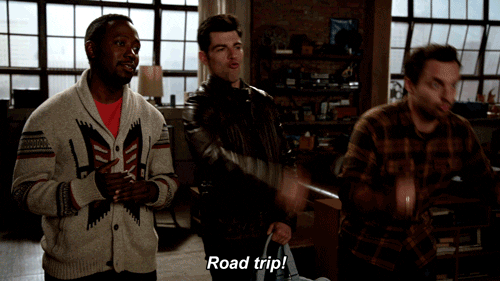
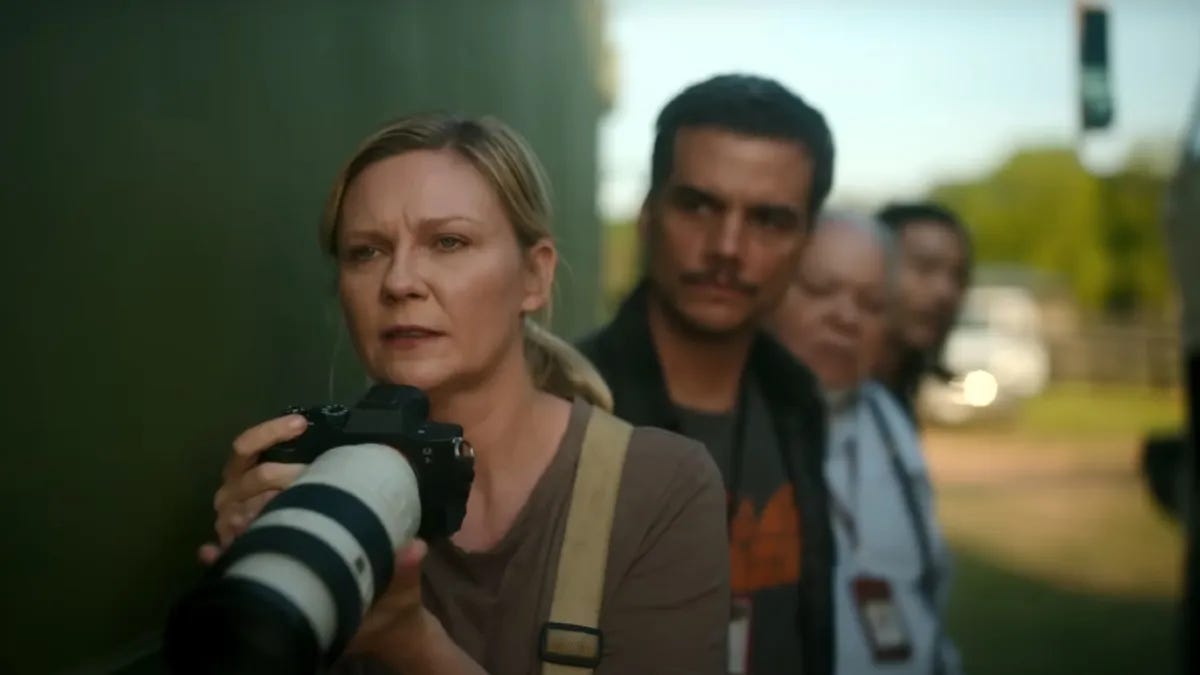
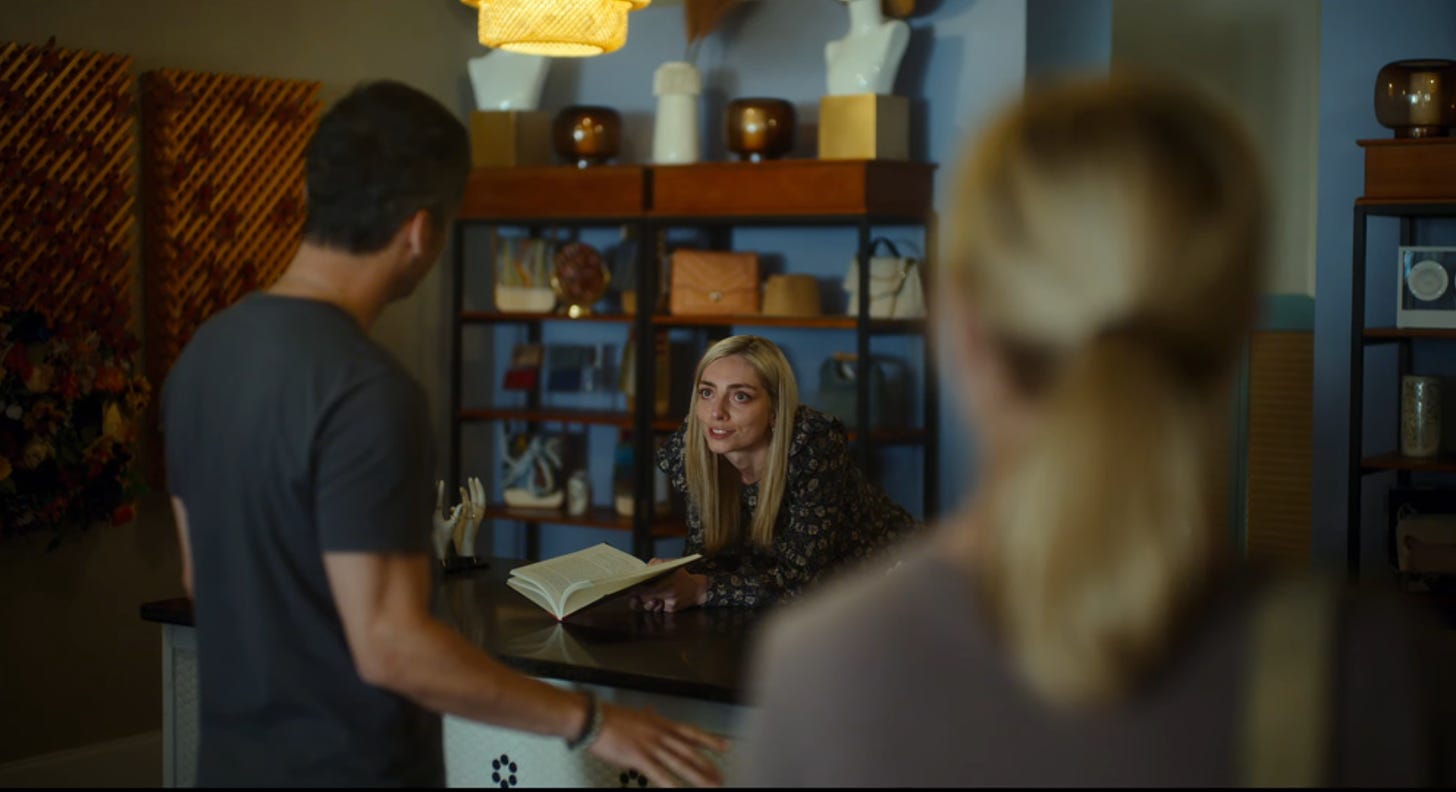

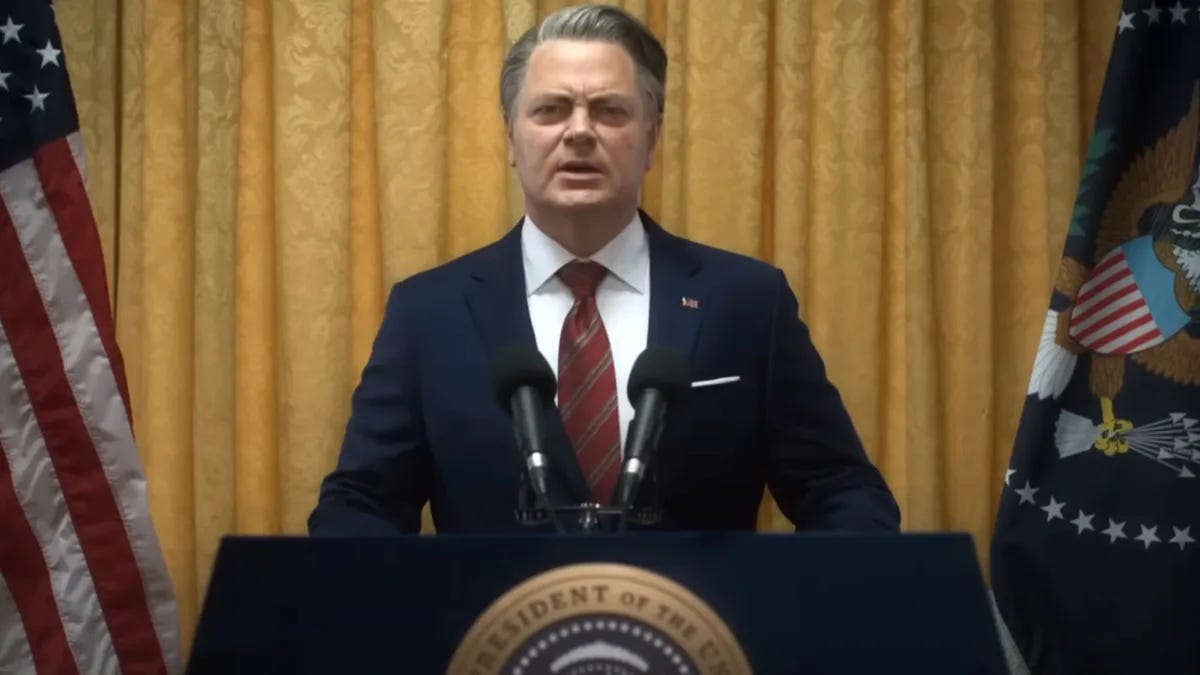


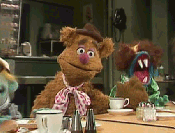
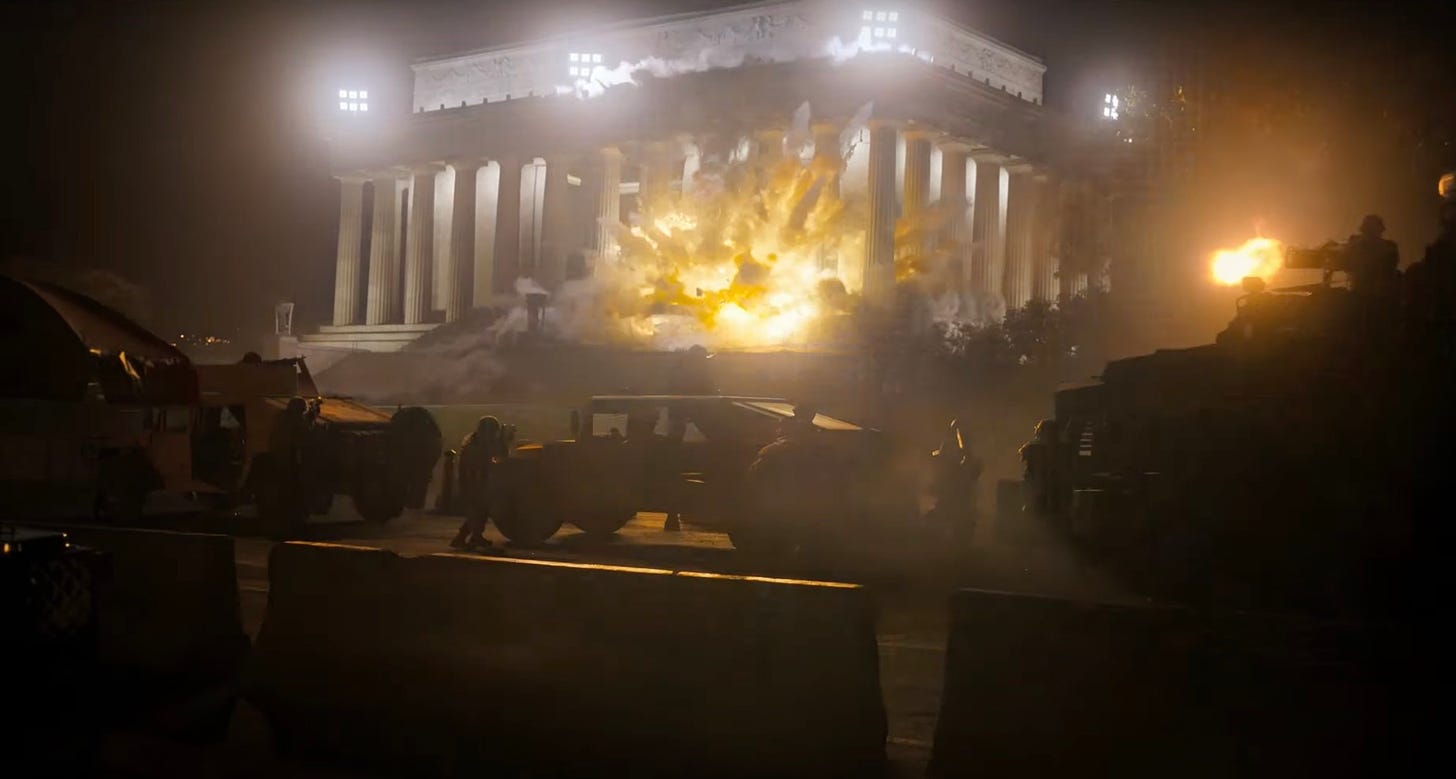
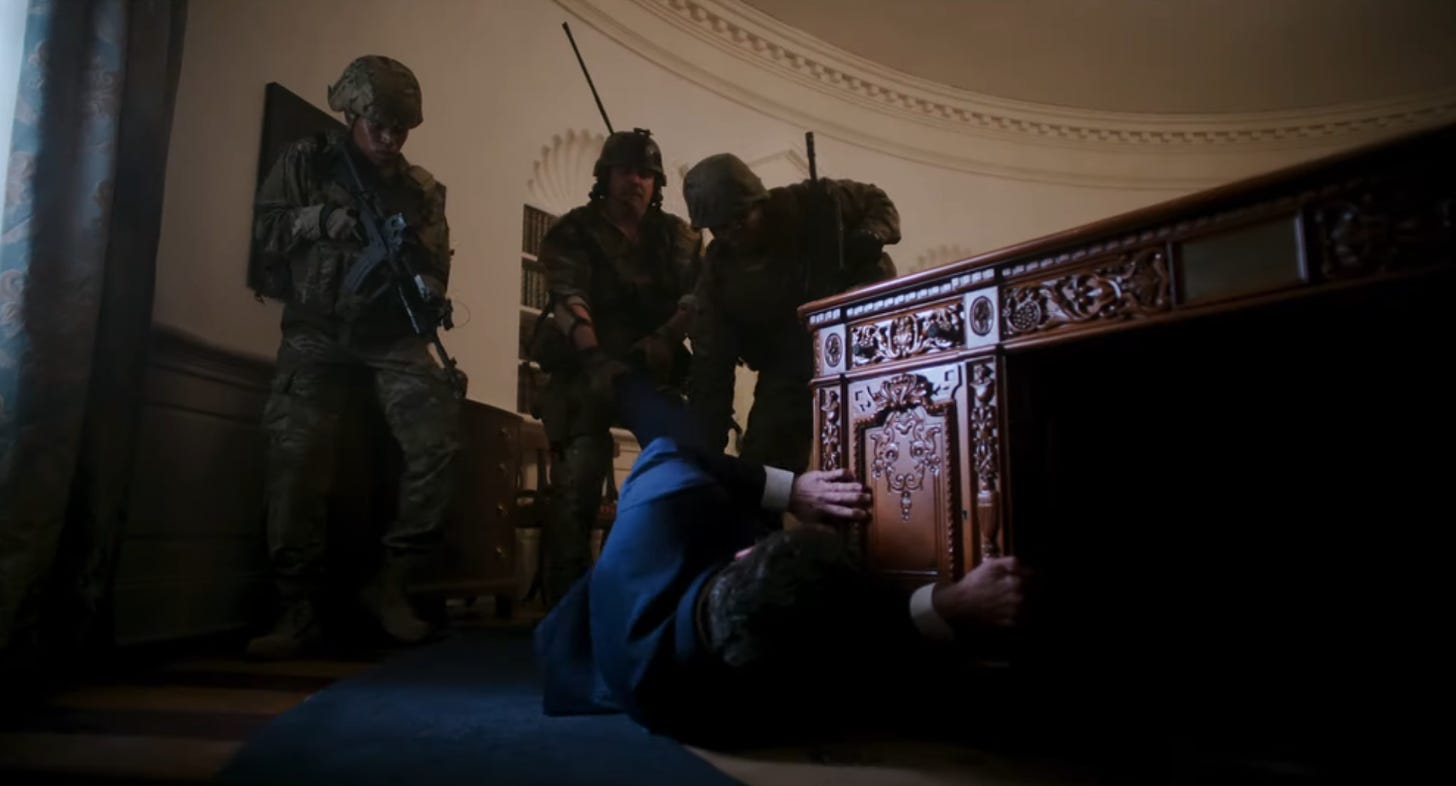
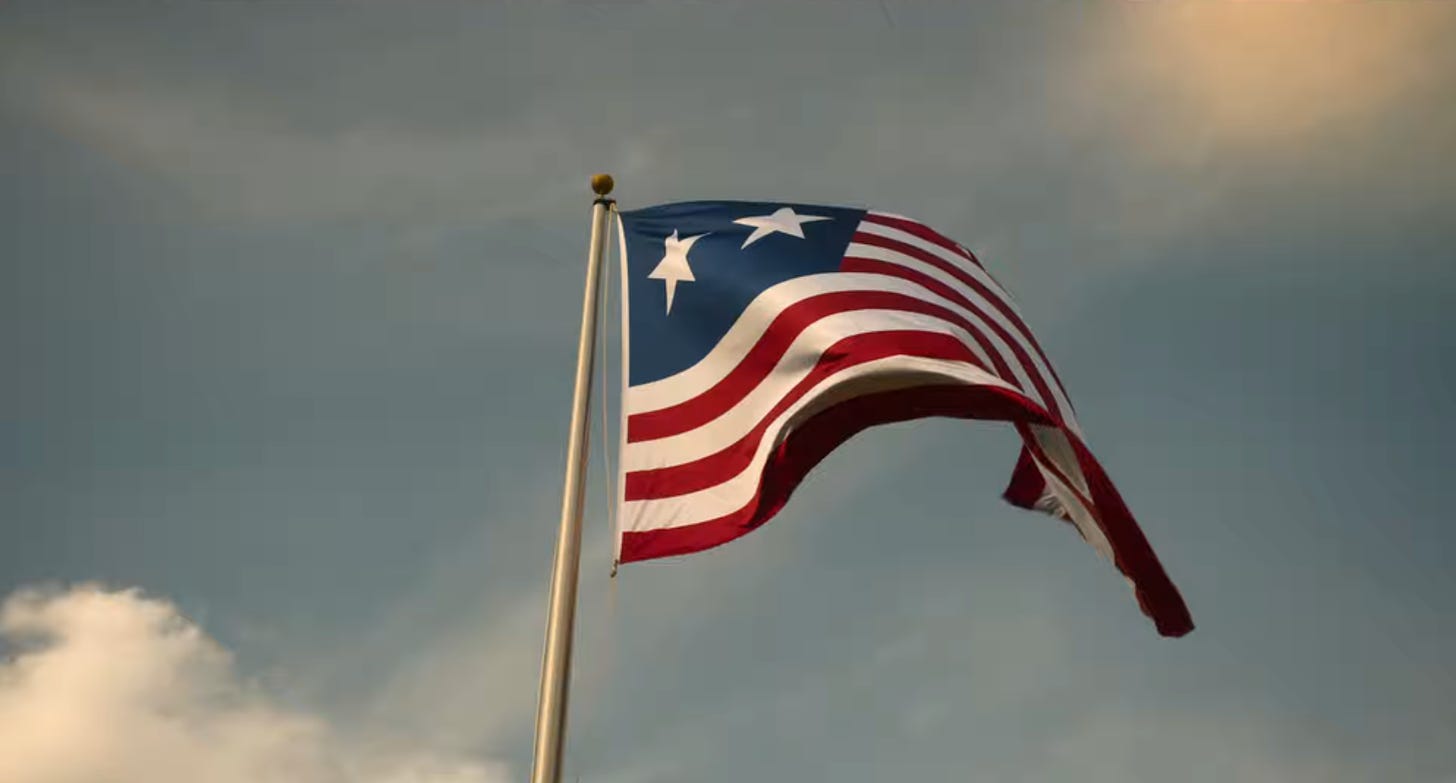


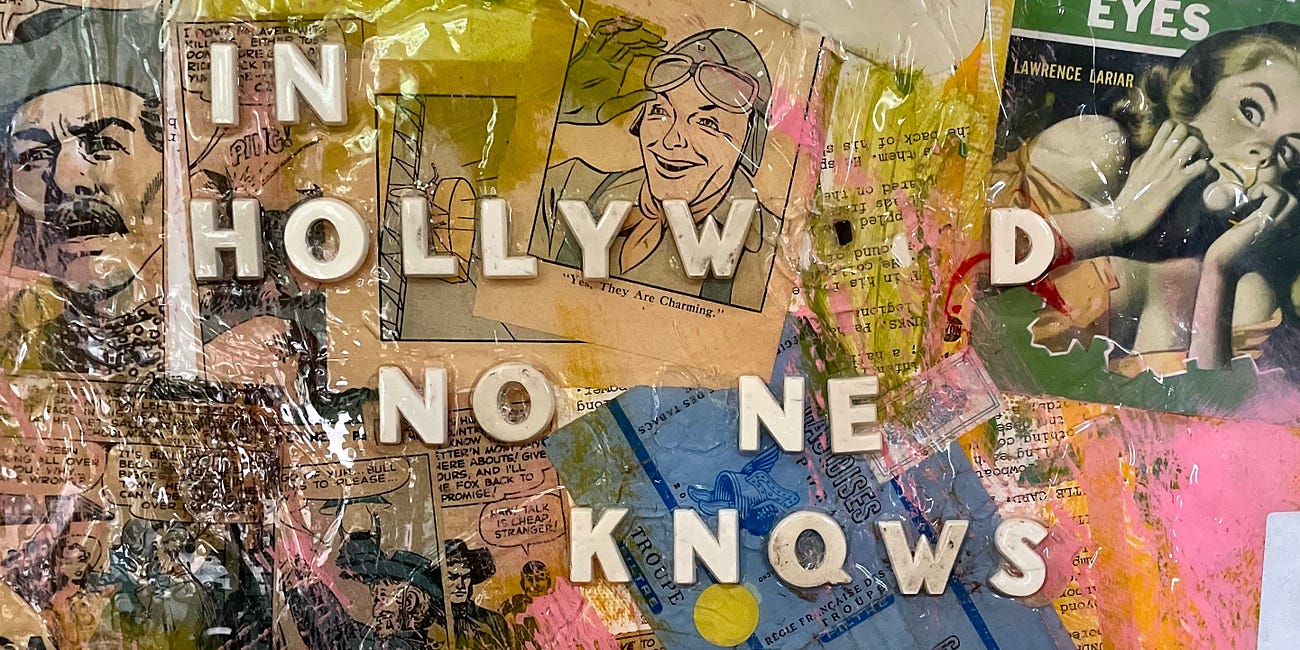
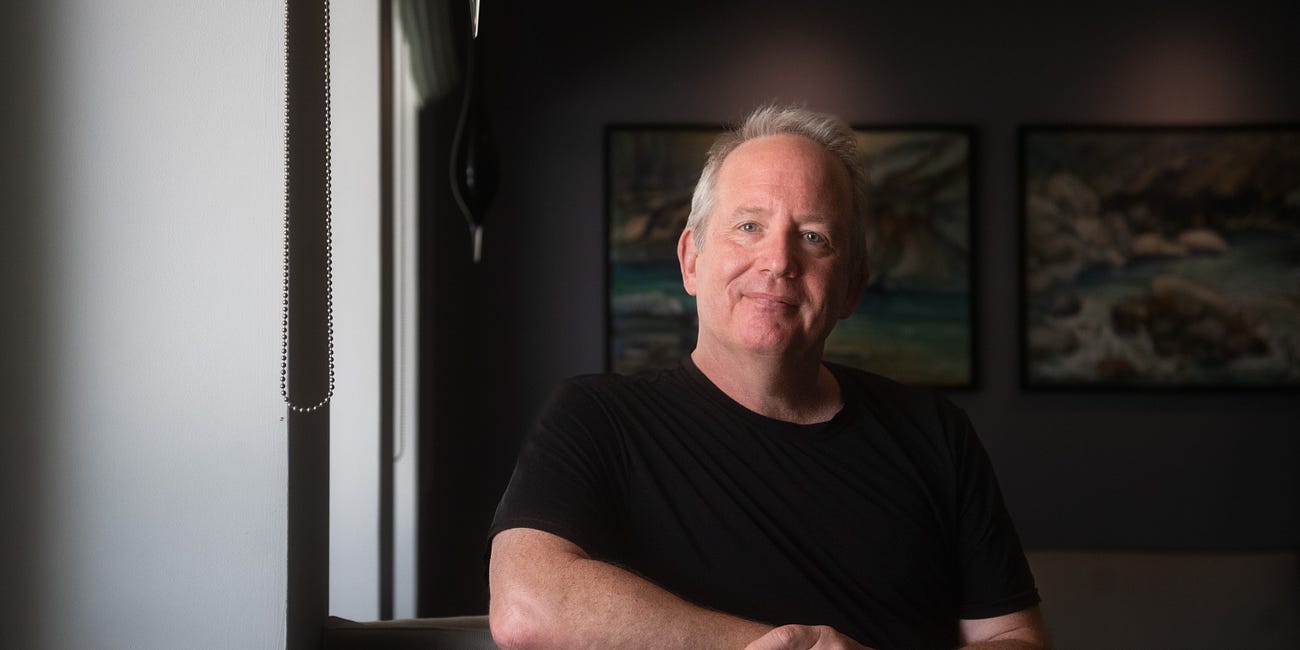
This may be off the mark but what struck me from reading this piece was that perhaps the issue is that people are losing the ability to be nuanced. It seems to me that the prevailing attitude everywhere is that everything is black and white. You need to pick a side on every issue and depending on your outlook, one side is entirely right and one side is entirely wrong. For that reason I suspect many people dislike narratives where clear lines are not drawn and all characters are human and flawed. However, based on your description alone (I have not seen the film), I am slightly flummoxed that reviewers have failed to see where Garland has set out his stall.
You nailed a lot of points right on the head! I dug the hell out of the movie, while my lady said, "It was fine."
What I liked about it is, we're following Journalists, and journalists should be impartial and I felt the film itself was impartial. It just showed us this world that these people inhabit and the way they navigate this world. My favorite films are those that act like photographs, little moments in time. So where these moments and these people. It's art, you know?
And maybe it's because I just watched ALL ABOUT EVE for the very first time this week, but I got a real sense that Jessie was an Eve type character. She's moving in on Lee's world. She wants to become Lee. She wants to learn at her feet, and work to maybe not "Take over" Lee's life, but emulate that life. I love movies that take these two narratives and marry them together.
This was a character piece as well as being a portrait of the potential world to come. Even The United States is a character in this.
Really well done, and what a great essay on a damn fine film.